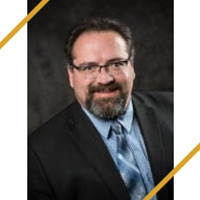 Keystone DUI-DWI Lawyers, South Dakota
Keystone DUI-DWI Lawyers, South Dakota
Sponsored Law Firm
-
 x
x

Click For More Info:
-
Keches Law Group
122 Dean Street Taunton, MA 02780» view mapSocial Security, Personal Injury, Workers Comp. Protecting Your Rights
Our team of experienced personal injury attorneys has over 130 years of combined experience representing individuals and families injured due to the negligence of others.
800-713-8650
Not enough matches for Keystone DUI-DWI lawyer.
Below are all Keystone Criminal lawyers.
Sponsored Lawyers
1-10 of 20 matches
Accident & Injury, Criminal, Traffic, DUI-DWI
The Skinner Law Office, P.C., has long provided the highest-quality representation for residents living in the Black Hills region in South Dakota. Matthew L. Skinner's areas of practice include criminal defense, family law and personal injury. Regardless of the circumstances, he spends a great deal of time and effort in preparation of your case in order to achieve the desired result. Any legal strategy he pursues is with your best interests in mind.
(more)


 Sean Flaherty Taunton, MA
Sean Flaherty Taunton, MA AboutKeches Law Group
AboutKeches Law Group Practice AreasExpertise
Practice AreasExpertise

